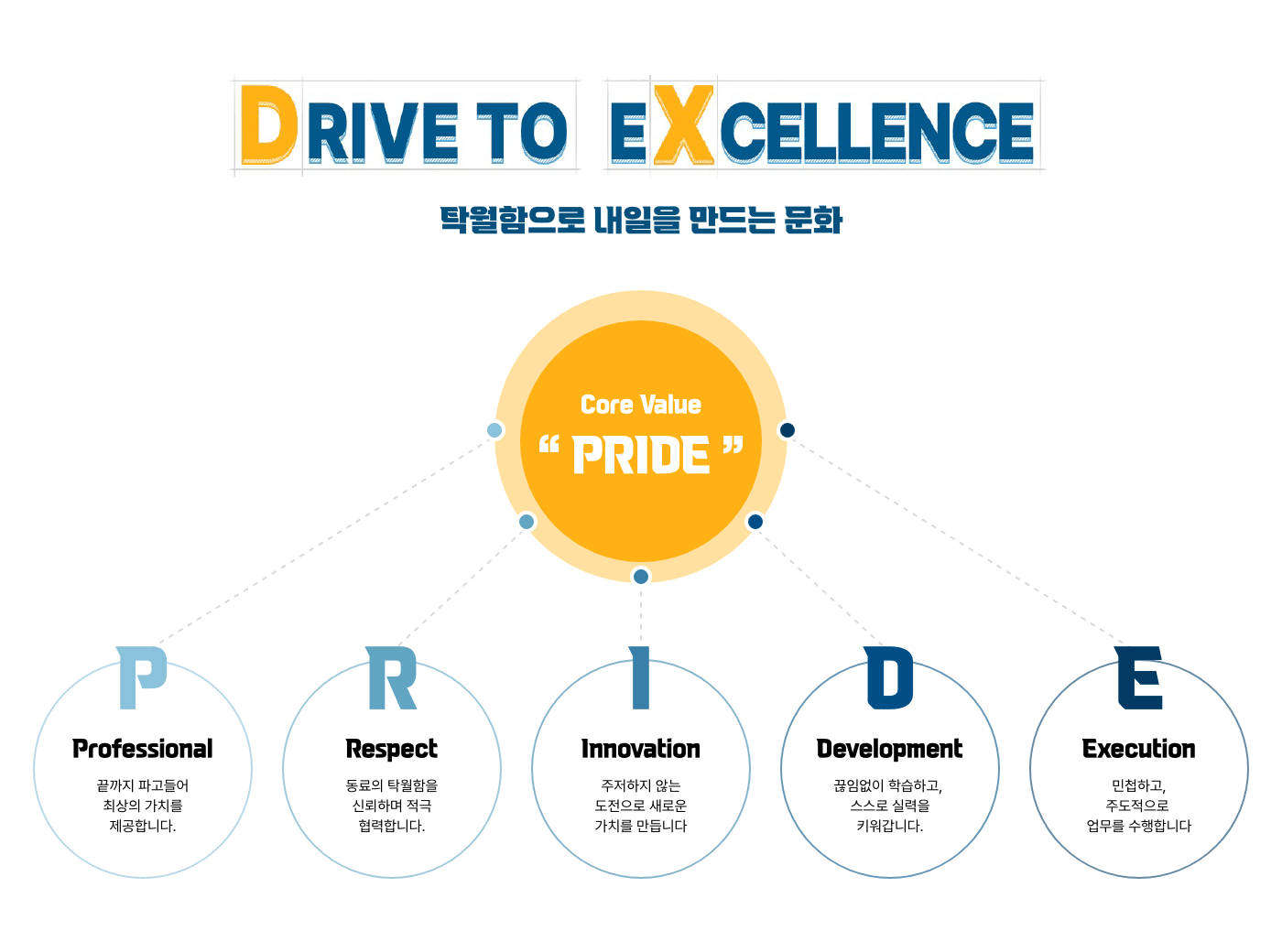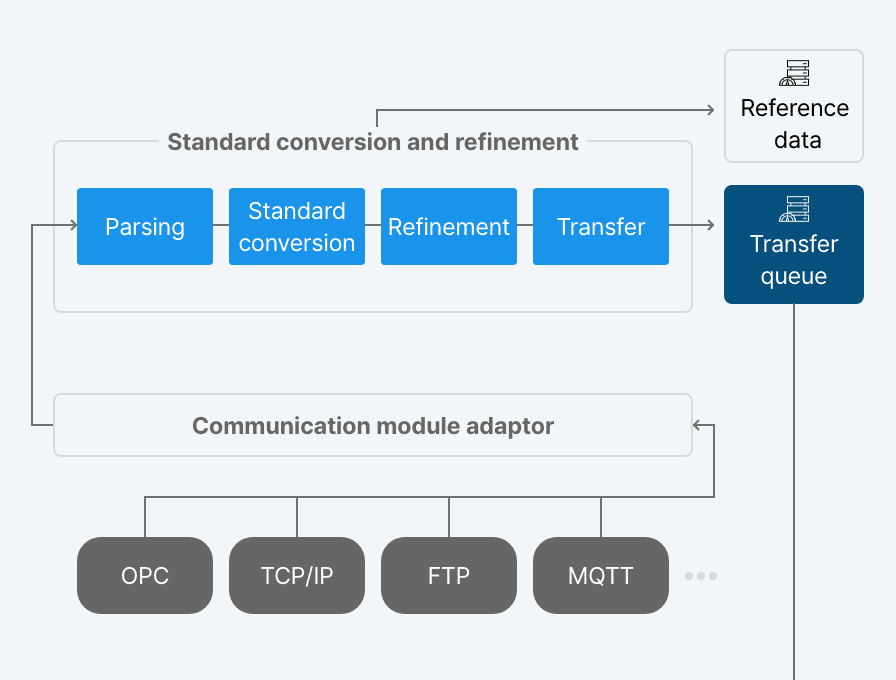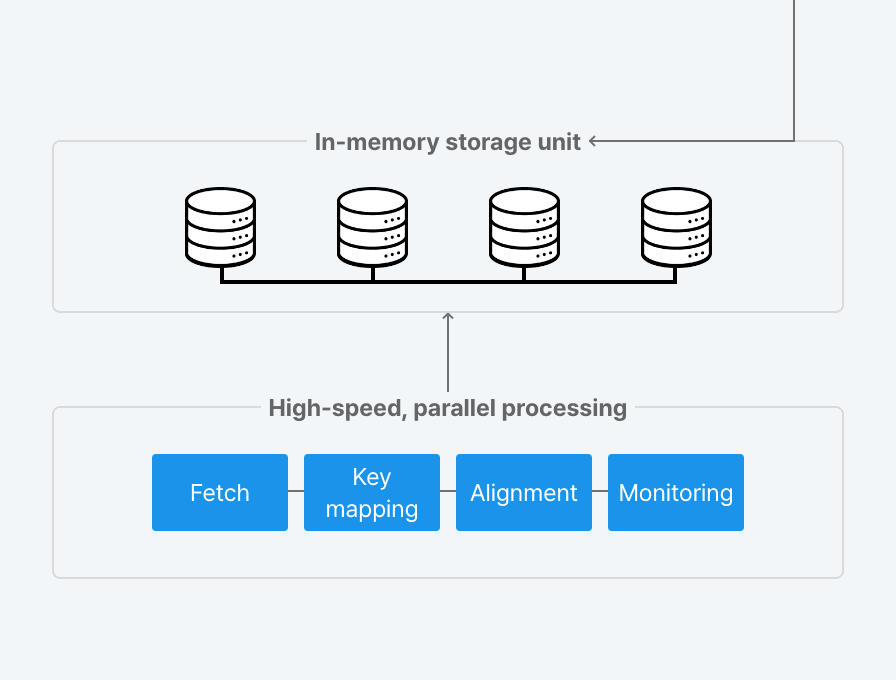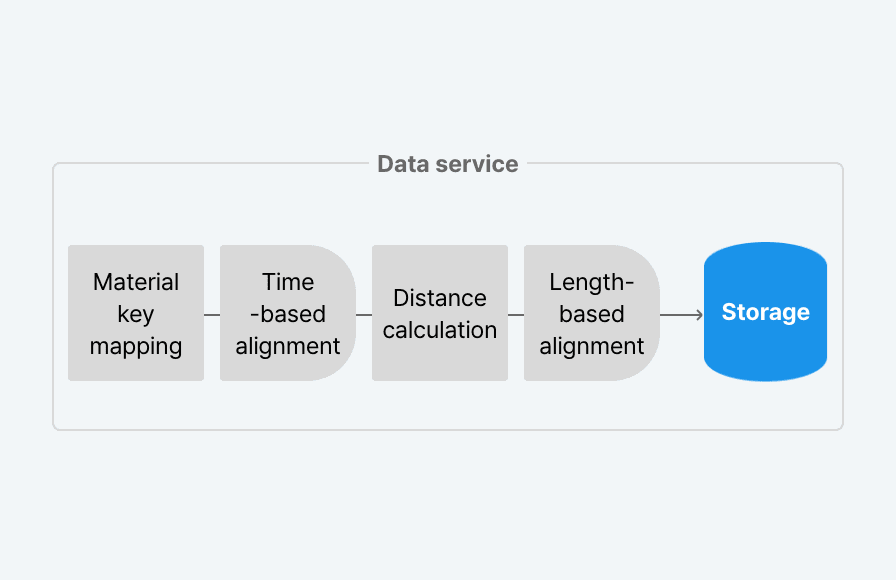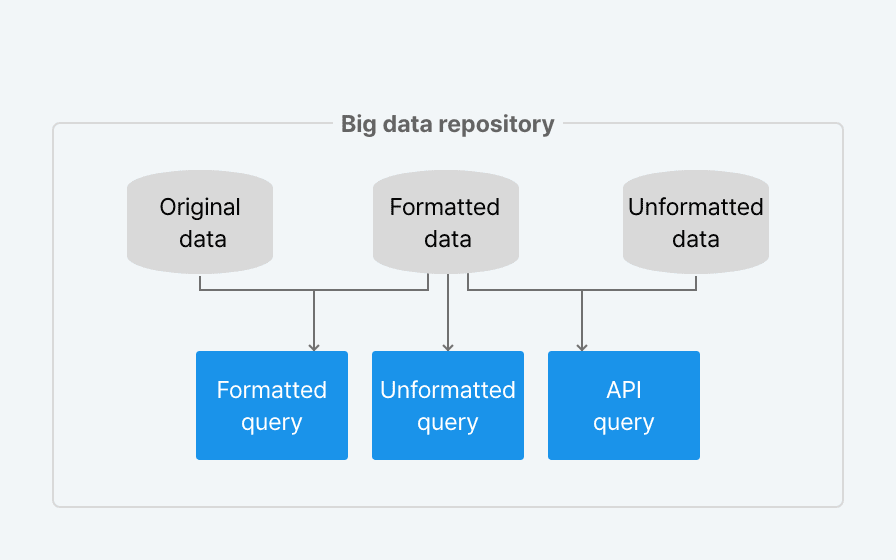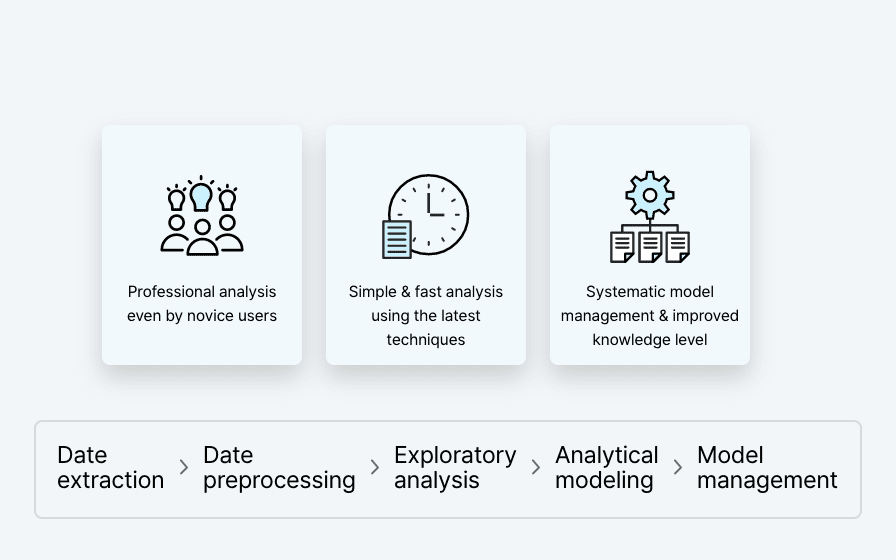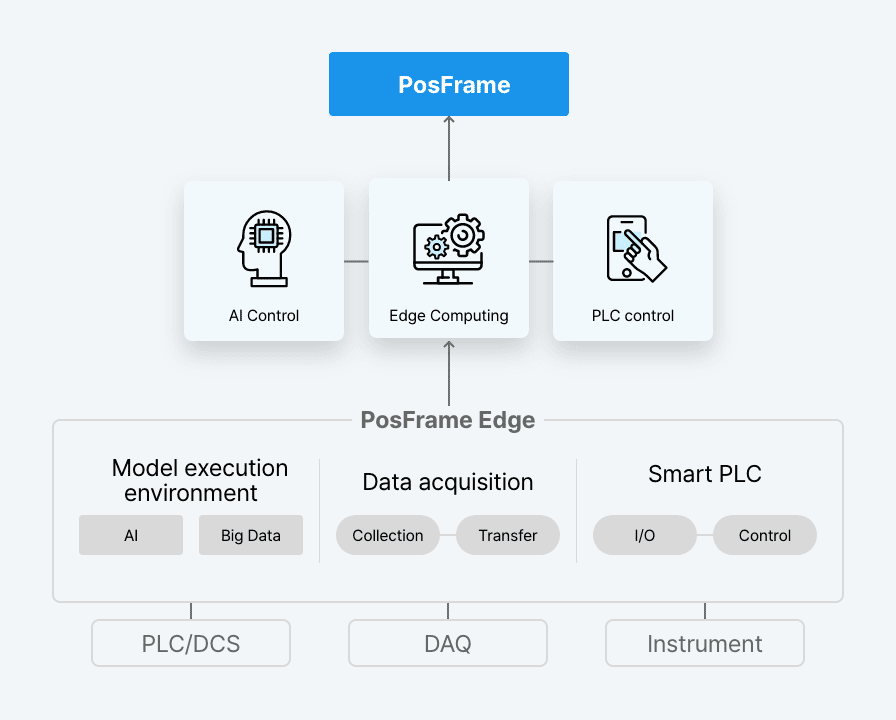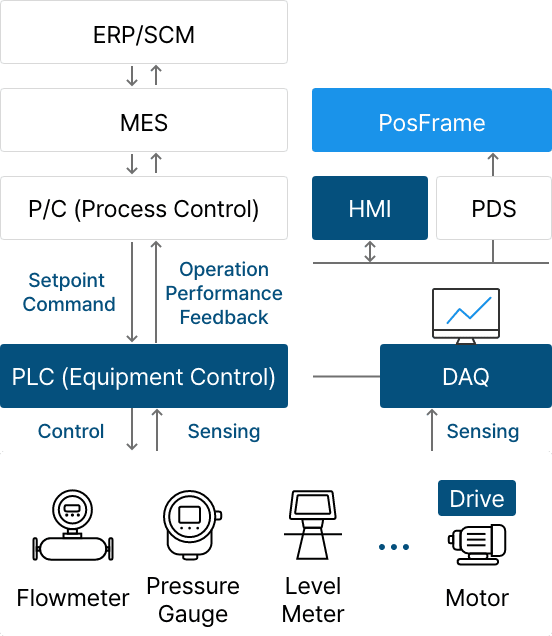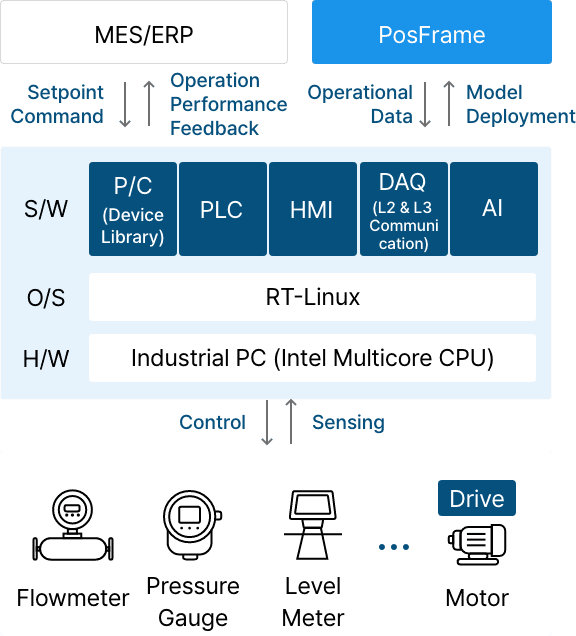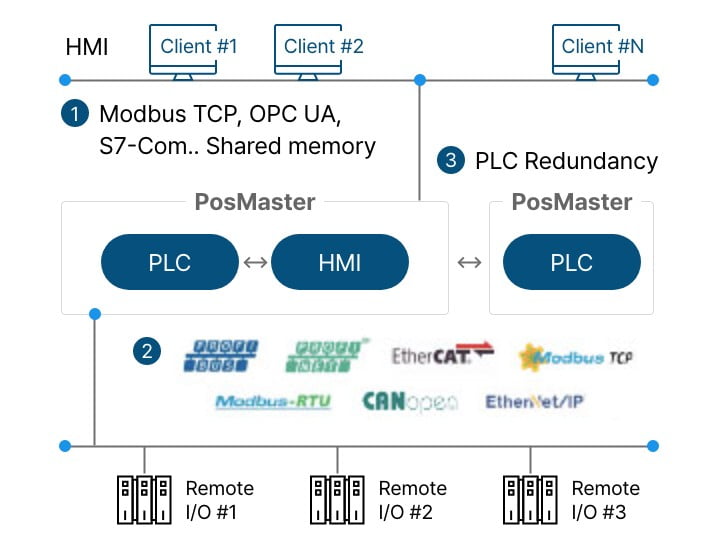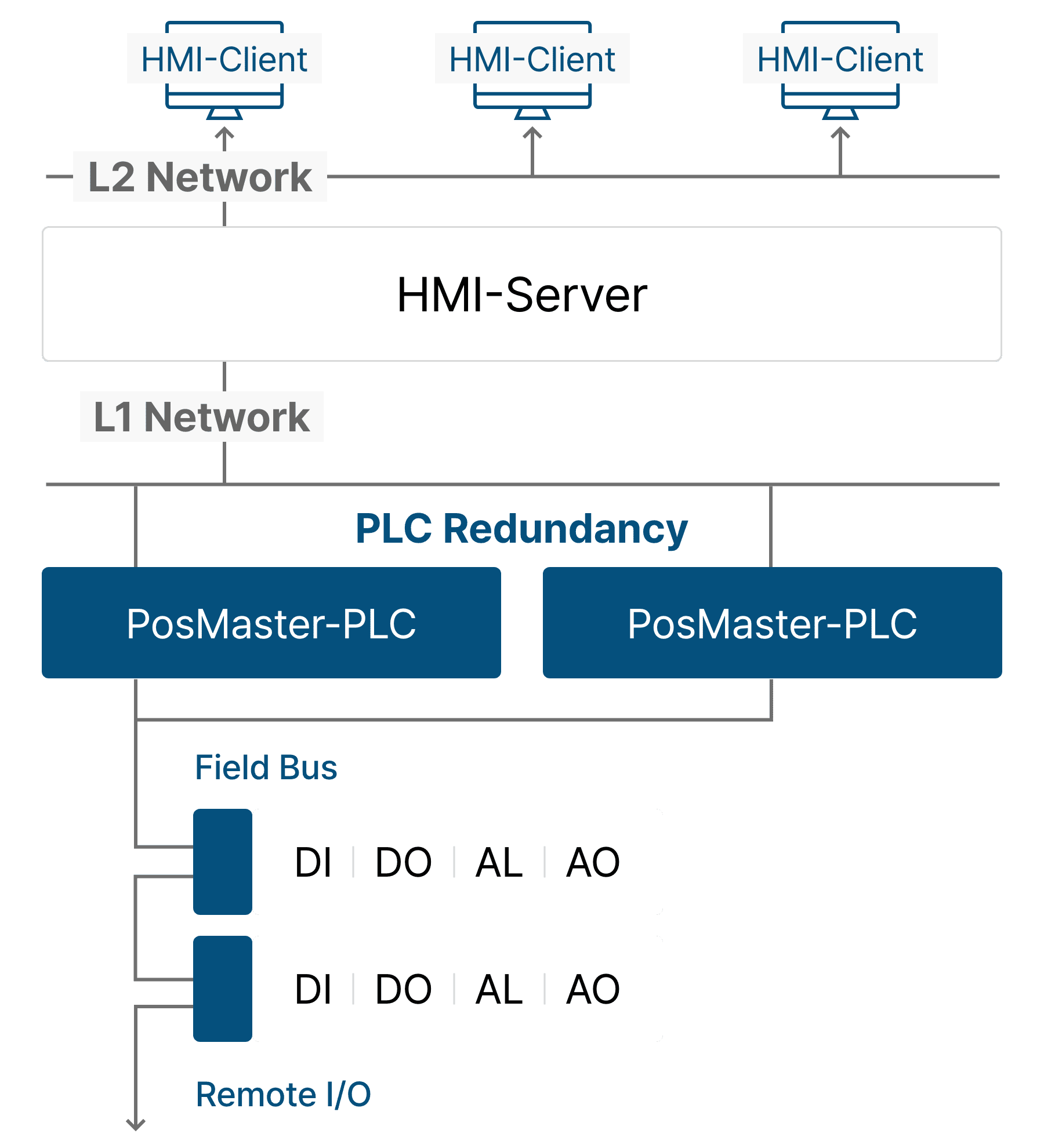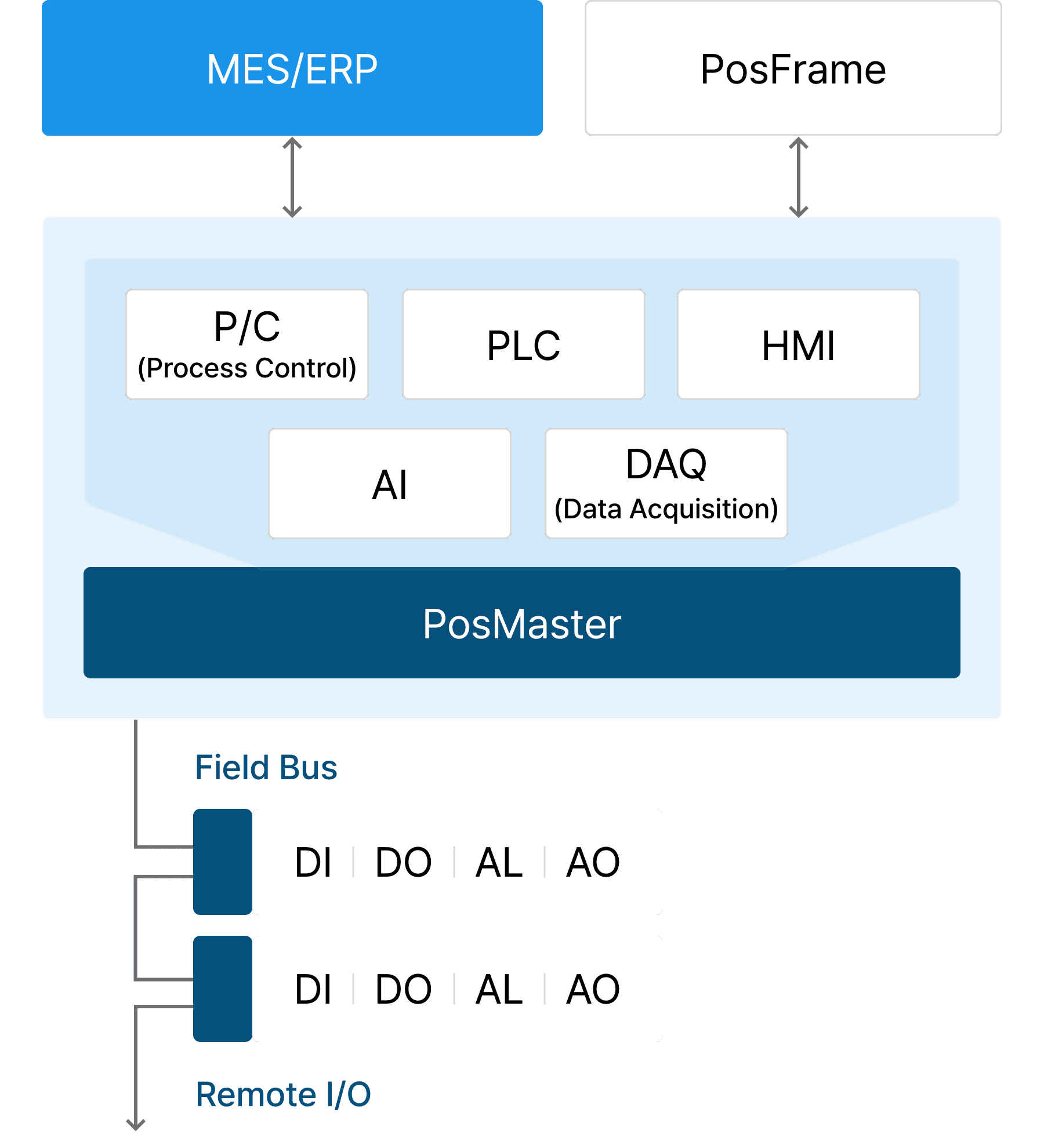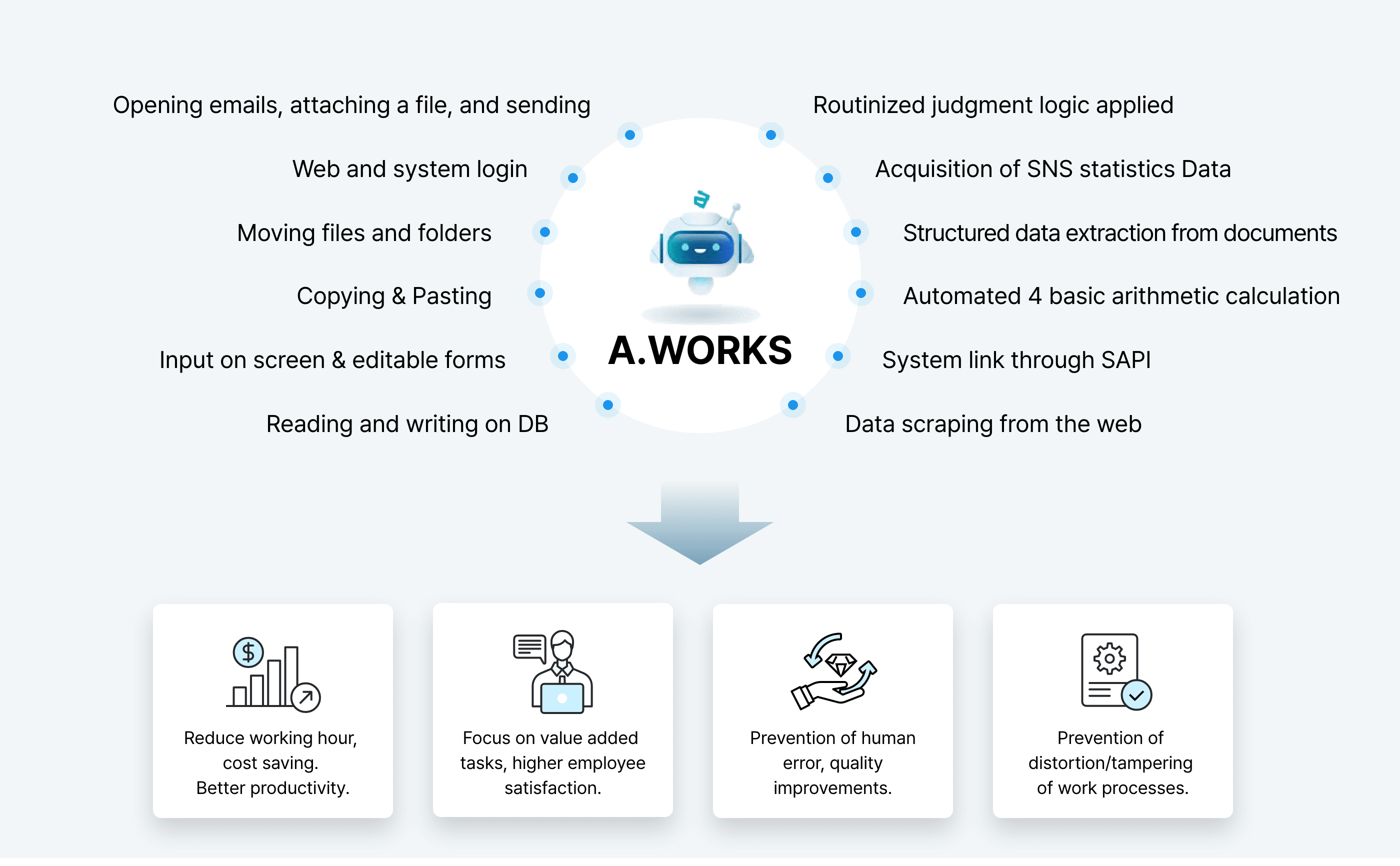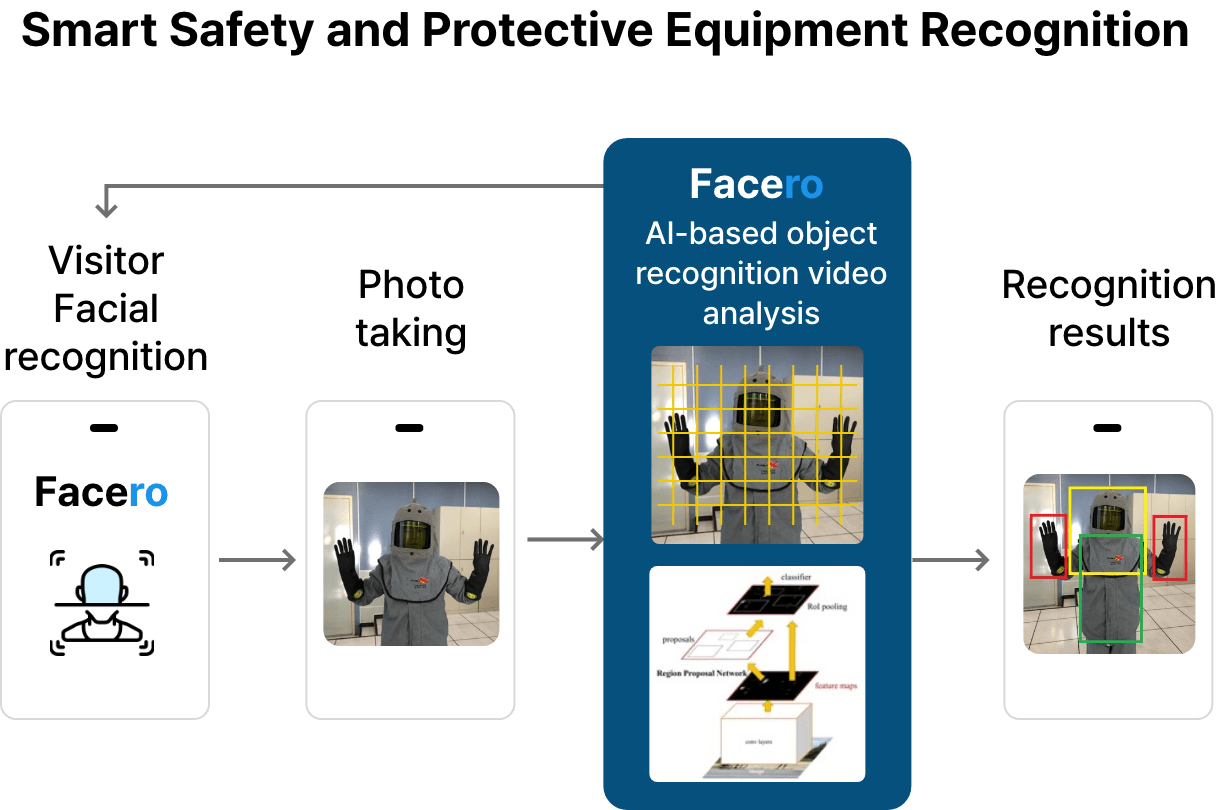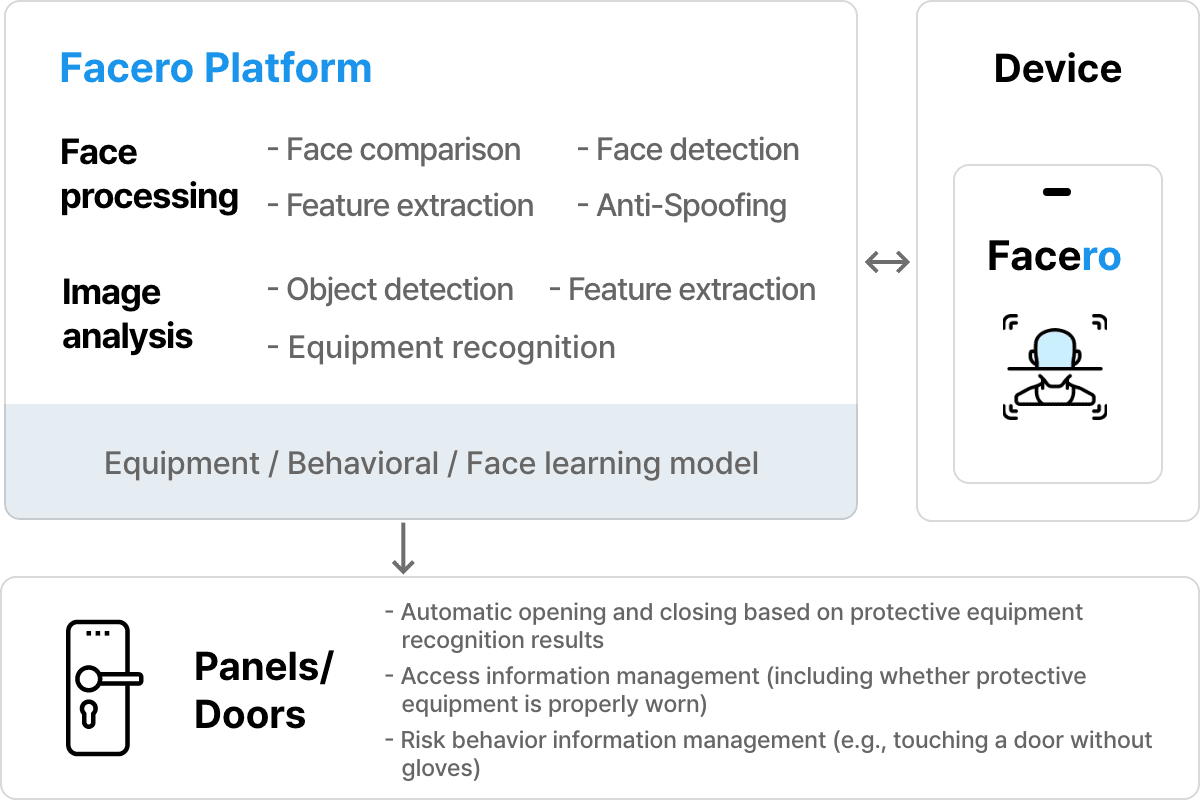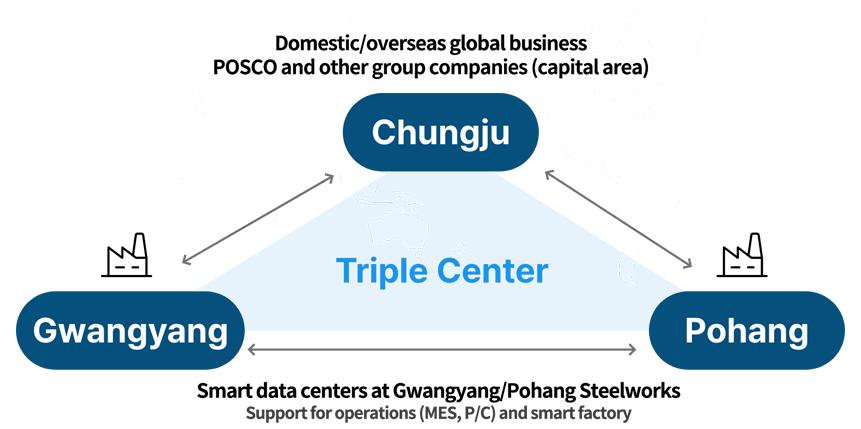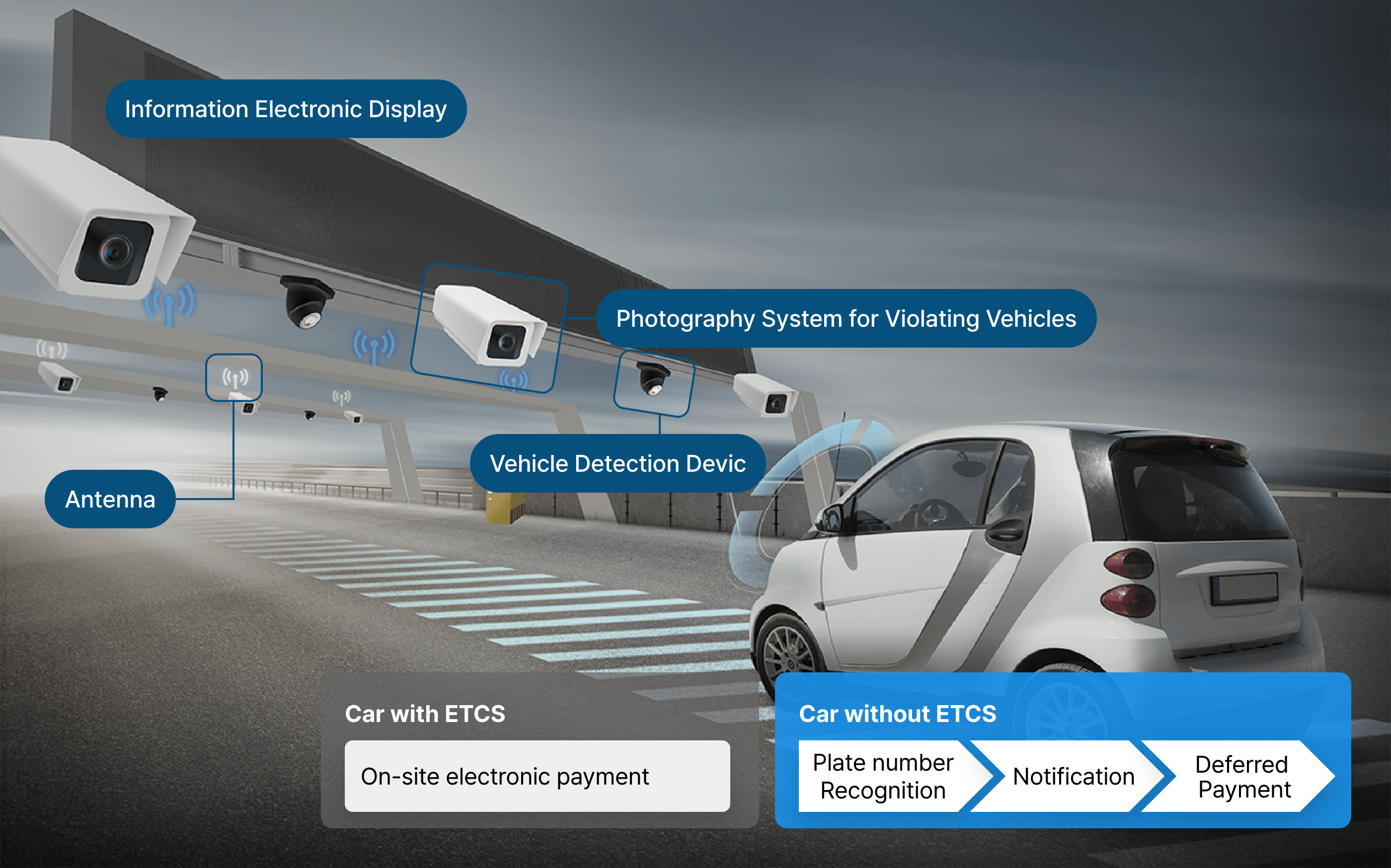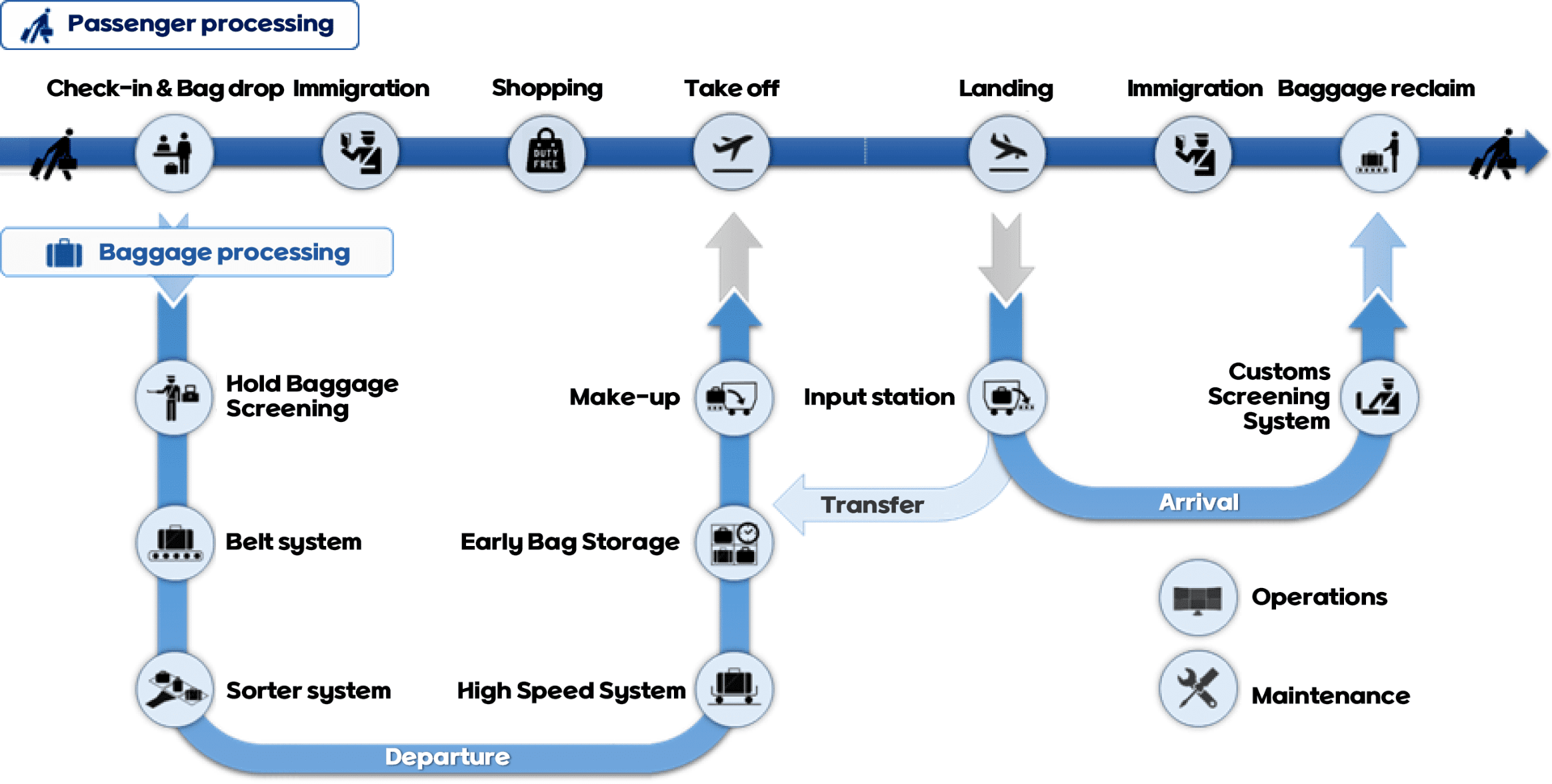- HOME
- PR
- NEWS
Prev
POSCO DX Achieved KRW 440.1 Bil in Sales & KRW 35.2 Bil in Operating Profit in the 1st QuarterNext
There are no next posts.POSCO DX Collaborates with Gwangyang Steel Mill to Establish Korea’s First Fulfillment Center Logistics System in the Manufacturing Sector
2024.04.29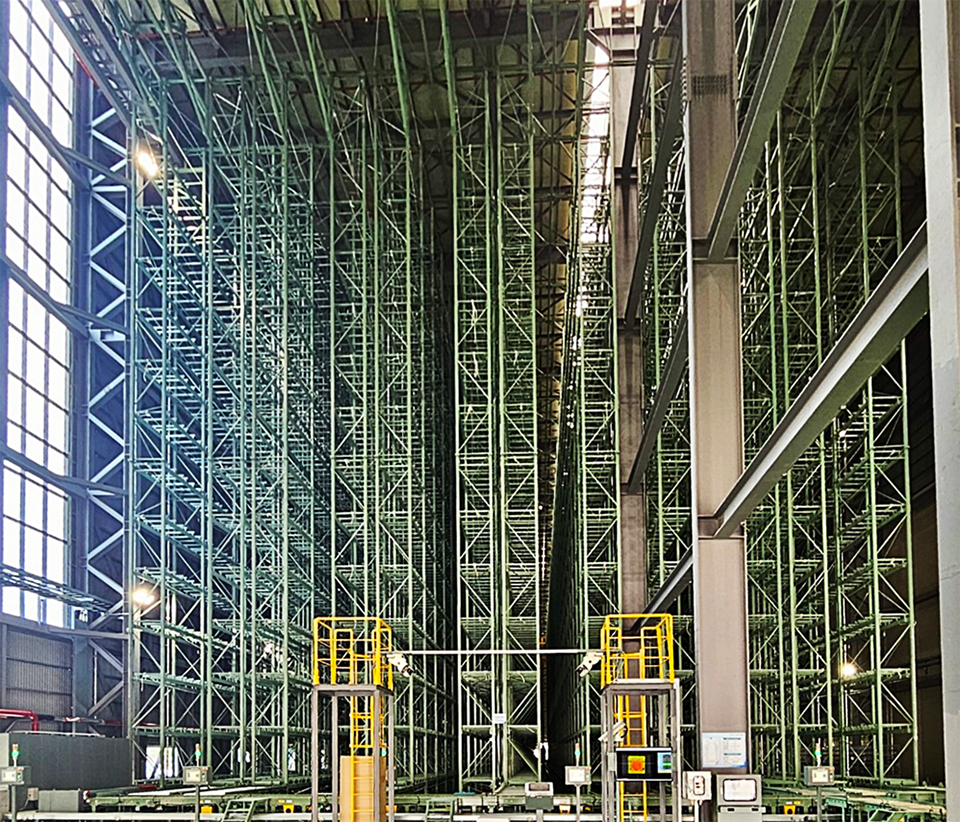
- Fulfillment is
applied to steel mill material procurement through an integrated logistics
system that integrates ‘IT+OT+robots’
- Rollout of smart logistics systems such as the WMS (Warehouse Management System), Auto Store, three-dimensional automatic warehouse, and AGV & ACS
POSCO DX (CEO Jung Duk-kyoon) has collaborated with POSCO Gwangyang Steel Mill and contributed to the successful rollout of the first fulfillment center-based (POSCO PF Center) logistics system in the domestic manufacturing sector that integrates ‘IT+ OT (operational technology)+ robots’.
As a facility that provides integrated services from logistics ordering, storage, packaging, delivery, collection, and return processing, a fulfillment center is primarily used by logistics companies to ensure prompt and accurate delivery to their consumers.
POSCO is the first manufacturing company to incorporate the fulfillment concept into procuring materials required for steel mills. Gwangyang Steel Works previously distributed the materials needed for facility maintenance to about 300 material warehouses. To improve the inefficiency and mitigate management problems caused by the same materials being stored separately in each warehouse, a fulfillment center has been rolled out to provide total services from material ordering and inventory management to prompt delivery.
The POSCO PF Center, which POSCO Gwangyang Steel Works completed in the Gwangyang National Industrial Complex on April 8, measures the equivalent of seven soccer fields, with a total floor area of 50,000m2. It is capable of storing materials of various sizes, from large materials to medium/small materials, through more than 34,000 cells.
POSCO DX, which rolled out a logistics system in all fields, excluding civil engineering and construction, with POSCO operations, has improved the efficiency of material storage and delivery management by establishing the Warehouse Management System (WMS) that predicts material demand and manages inventory based on data. The efficiency of material storage has been improved by employing large shelves that automatically store materials in cells using stacker cranes, and Auto Store, a cube-shaped warehouse in which robots automatically store and pick materials.
In the 200m section between the picking zone and the shipping zone, AGV (automated guided vehicles) that transports materials autonomously were deployed, and the efficiency of transport robot operations has been improved by developing an ACS (AGV control system) to control multiple AGV
With user convenience also being improved, users can check and order material images and locations in a 3D metaverse environment without physically visiting the POSCO PF Center, and also check the material delivery status in real time.
Besides this, POSCO DX has installed a 1.4MW solar power generation equipment on the roof of the PF Center, which is enough power for about 500 households to use for a year, allowing this facility to operate as an eco-friendly, low-carbon logistics center.
Through this project, POSCO DX attained the success of building a standard model for the WMS and ACS solutions applicable to fulfillment centers. On the heels of securing design and construction capabilities and specialized technology to build a fulfillment center, it plans to more actively target the domestic logistics automation market.
A POSCO DX official said, “Through this project, the company has established a benchmark reference that integrates the company’s major DX technologies, from IT system construction and facility automation to robot engineering” and continued, “We will plan to leading the construction of intelligent factories through the convergence of technologies such as industrial AI, digital twin, and robots.”
